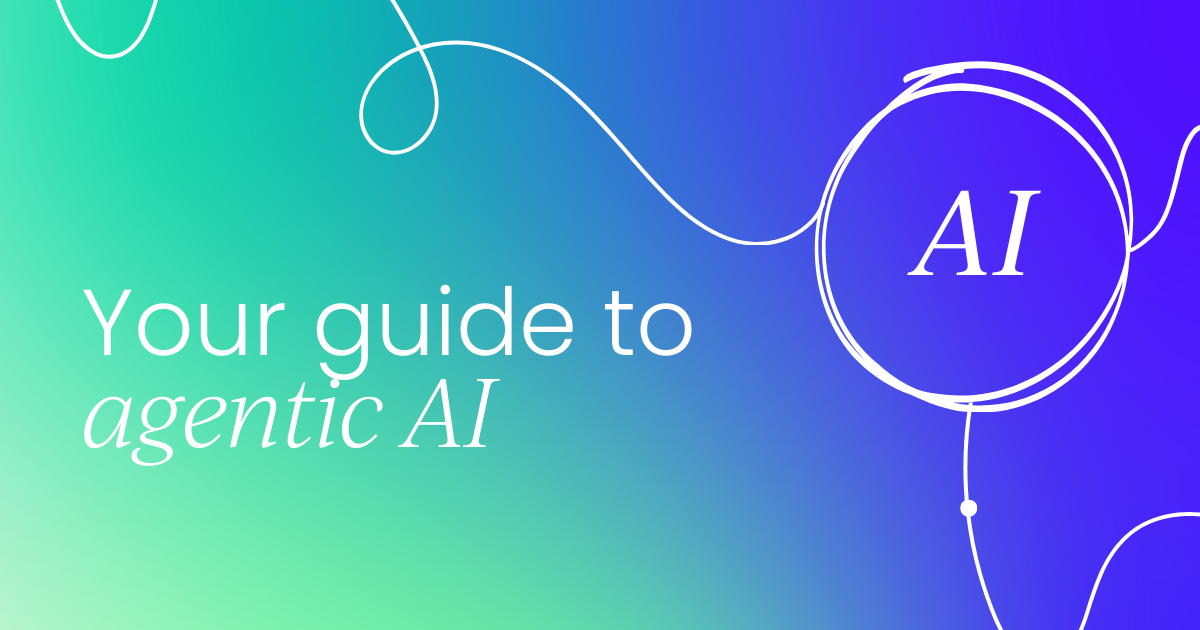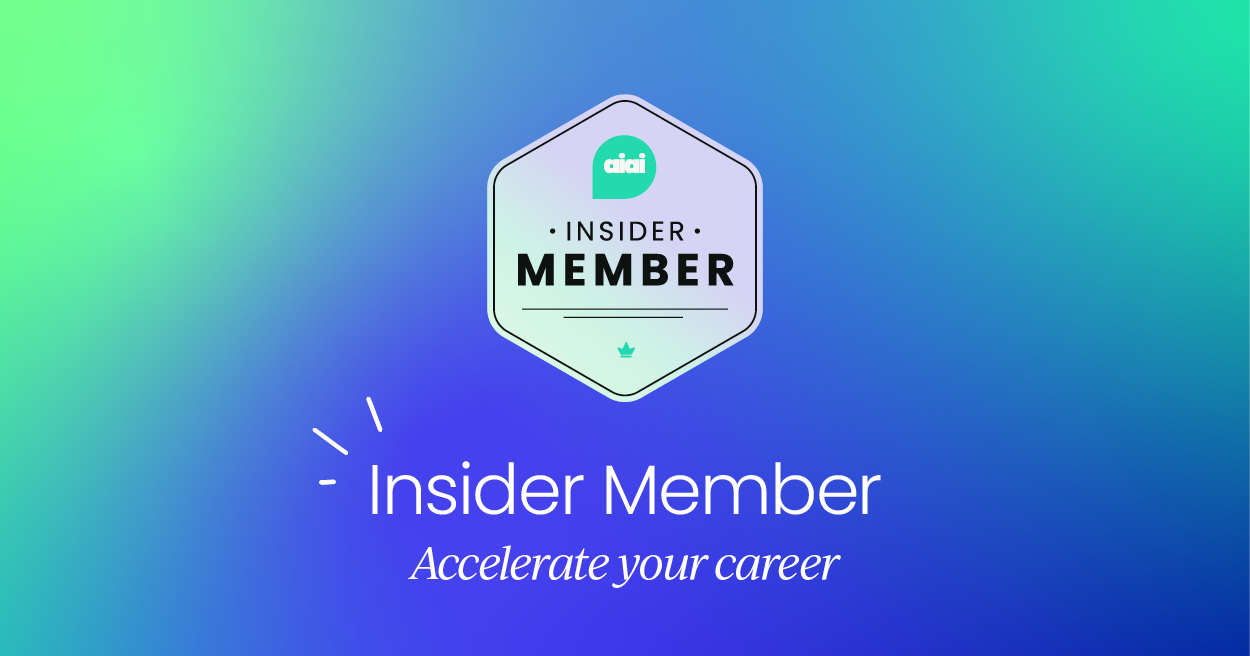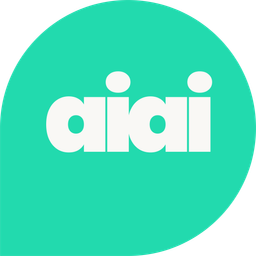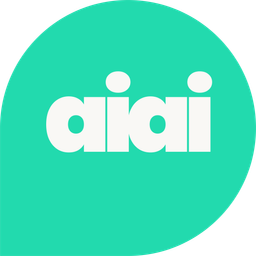Bringing generative AI into a business or even public sector organization is consuming the minds of leaders around the world, some approaching the topic with a positive outlook and some with caution.
According to BCG, a mere 10% of organisations have managed to successfully integrate gen AI into their workflows at scale, gaining a significant advantage over their competitors who are in danger of falling behind in this rapidly evolving landscape.
But what does AI literacy mean?
AI literacy is having the knowledge and practical understanding of AI, its use cases, power, and limitations. This could include prompting mastery, the ability to identify when and how to use it, to critically evaluate its outputs, and being able to adapt in a workplace empowered with AI.
AI literacy is a key skill set the whole workforce must master and employers must endorse.
Why AI literacy matters
Future-proofing your business
I briefly mentioned competitiveness above, AI driven companies have a strong competitive advantage in their market, according to HBR.
Those AI-first companies are also way ahead of the market in scaling AI predictive solutions and, hence, future-proofing their business. AI literacy enables this innovation across the whole workforce.
More importantly, the future workforce is already relying on AI in their education, and it is critical that businesses and public sector organisations remain top of mind for the job market of the present and the future.

Boosting productivity across all teams
In a study done by Harvard Business School, AI can help your employees do work 25% faster and 40% better.
AI can help employees across multiple departments across marketing, sales, human resources, customer service, and even frontline operations boost their productivity by helping automate tasks and provide business intelligence, data analysis, and more.
Boosting AI literacy would liberate the workforce from admin tasks, allowing more time for strategic and deep work.
Empower your decision-makers with insights
AI literacy is key in ensuring your workforce is mastering the art of prompting to ensure they are attaining the right insights they need to make more informed decisions.
AI tools can help reduce research time by up to 70-80%, which enables fast action by your teams when needed. More importantly, AI literacy is critical to ensuring your teams are able to evaluate AI outputs and insights, as well as understand potential biases or limitations of AI, especially in sensitive industries like legal and healthcare.
Enhance collaboration
AI features are now being offered by most productivity vendors we use and love, introducing the technology in meeting solutions, chat, and emails.
Avail these solutions, and then train and empower your workforce to make the most out of the improved collaboration benefits that AI brings to the workplace. AI literacy across the organization can help bridge gaps between the different teams, for example, technical and non-technical roles, as well as international teams working across languages.
Ensuring responsible use of this emerging technology
It is critical that beyond learning how to maximize the benefits of this technology, your workforce is aware of the ethical implications of AI, evaluating and selecting the most secure vendor, and training your teams on important topics like bias, responsibility, and fairness in AI. This helps your organization avoid the risks associated with its increased usage.
How to develop AI literacy
Accessible resources and continuous learning
The development of AI literacy begins with access to appropriate tools and resources. Fortunately, knowledge of AI does not require an advanced technical background.
Excellent starting points include online courses and books such as Prediction Machines: The Simple Economics of Artificial Intelligence by Ajay Agrawal, Joshua Gans, and Avi Goldfarb, which provide approachable explanations of AI's business applications and implications.
Engaging with community forums like Reddit’s r/MachineLearning or attending free webinars by institutions such as Stanford University is an often overlooked way to gain some practical insights. These resources cater to varying levels of familiarity, making AI literacy accessible to everyone.
AI is an ever-evolving field. Staying updated is essential. You need to learn continuously to adapt effectively. On the industry scale, this approach builds a workforce that is proactive, well-informed, and resilient in the face of change.

Hands-on experience
AI learning can be accelerated by applying it practically. When you work with AI, you gain an understanding of the ways in which it can be applied and of the ways in which it cannot yet be applied or might not ever be applied.
Hands-on experience with AI leads to a more profound comprehension of the technology and its potential. Staying with the technology, in whatever form it currently takes, is vital to maintaining a necessary foundation.
We can develop our expertise in AI by competing in contests, working in interactive learning spaces, and by all sorts of meaningful event organizing that serves to introduce ASU to the kinds of things we're up to with AI. How is this happening?
Work is happening at the level of individual students who are experimenting with the kinds of platforms that integrate AI into productivity tasks such as data visualization or customer support.
Direct engagement with AI technologies and nurturing a culture of continuous learning around these technologies enable individuals and organizations to gain a much clearer understanding of the capabilities and limitations of AI. And this is not just preparation for today; it is quite literally preparation for the future.



 Follow us on LinkedIn
Follow us on LinkedIn




